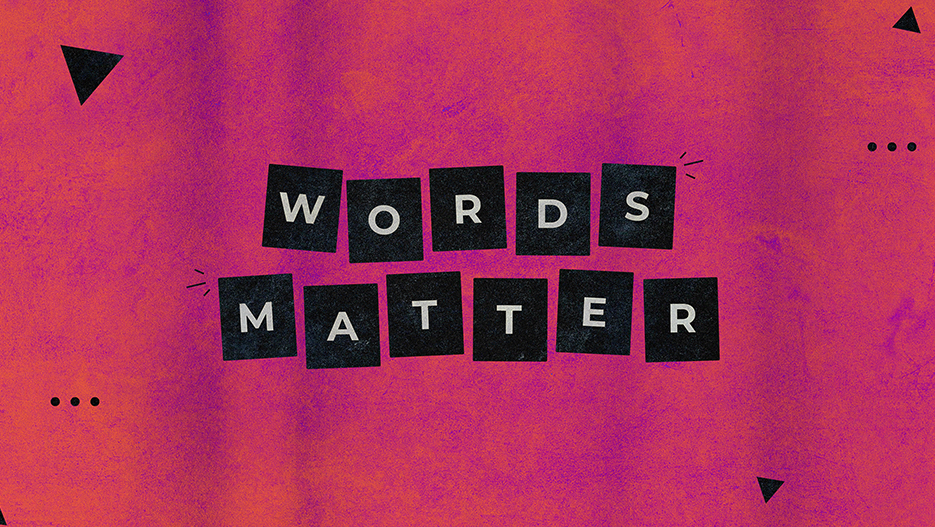
Proverbs 14:9 states that fools make fun of guilt, but the godly acknowledge it and seek reconciliation. The phrase “I Am Sorry” is something we try to teach our kids at an early age, because we know the pathway to relational health is owning up to your wrong and how that wrong has hurt others. Yet, the “I am Sorry” phrase oftentimes is falls short of that purpose because we always attach something to it.
- I am sorry but you know I’m right,
- I’m sorry if you think I did something wrong,
- I’m sorry but other people. don’t overreact like you do.
So many times we might say this, and the other person hears nothing that resembles remorse, regret or compassion, but rather hears us trying to avoid any responsibility of wrong doing making the offended person feel foolish or unvalidated.
We’ve all heard those sermons on forgiveness but scripture doesn’t only teach us about the obligation to forgive others, but it also teaches the responsibility of apologizing and asking for forgiveness when we are in the wrong.
Jesus stated in Matthew 5:23-24 “"So if you are presenting a sacrifice at the altar in the Temple and you suddenly remember that someone has something against you, leave your sacrifice there at the altar. Go and be reconciled to that person. Then come and offer your sacrifice to God." (NLT) — Matthew 5:23-24
The aim and purpose of an apology is to bring closure and pave a pathway towards reconciliation as I shared from the Proverb in the beginning, this is the way of wisdom.
A genuine, sincere and humble apology will result in three things.
First, it will bring SELF-AWARENESS.
On the cross Jesus experienced the most gruesome and unjust death in all of human history and in one of his statements from the cross, he reveals something about the human condition. “Father, forgive them. For they know not what they do” (Luke 23:34). In the heat of offense, we are not fully aware of what we are doing, and being driven by the emotion of the moment, we become blinded by the circumstances surrounding the offense. King David when he committed sin against Bathsheba and her husband, he was blinded by his own lust and self-preservation. But in his great Psalm of repentance he states “I acknowledge by transgressions, and my sin is ever before me” (Psalm 51:2). A sincere apology removes the ifs, buts and maybes attached and rather than try to avoid responsibility, you own up to the wrong that you’ve committed towards the other person.
Second, a sincere apology will bring EMPATHY.
Galatians 6:2 says we are to carry each other’s burdens, Philippians 2 tells us in humility we should value others above ourselves not look to our own interests. If our apology has a hidden motive or agenda to benefit us then we remove all the impact towards healing. We need to ask the questions of How did my sin affect the other person, personally, emotionally, spiritually, socially. What messages did my sin send? Empathy is what motivates connections. A genuine “I am sorry” causes the offended person to hear “I am sorry, I didn’t know I hurt you, now I understand, I see your pain, I feel your hurt, I hear your cry and now I am deeply connected to you and your feelings surrounding the situation.” Empathy flips what is most natural inside each one of us. In our fallen nature, we want to focus on the wrong in everyone else and the pain they’ve caused me, but empathy admits my own wrongdoing, and then chooses to try and feel the pain that I’ve caused them. Its a very vulnerable choice but it keeps our hearts from growing so cold and numb that we are unable to taste the sweetness of the relationship we once had with the other person. Apologizing does not always mean you’re wrong and the other person is right, it just means you value the relationship more than your ego.
The last thing a genuine apology can do is bring PRESPECTIVE.
A sincere apology will help start the process of seeing purpose in the pain. In Romans 8:28, the Bible tells us we know that in all things God works for the good of those who love him, who have been called according to his purpose. When we apologize, and allow ourselves to be a conduit of the love of Christ, the pathway towards healing begins. Our own efforts of trying to bring healing and reconciliation will always fall short of God’s purpose. It’s when we attach the situation to the love of Christ that healing can begin. The Apostle Paul was one who persecuted Christians until one day the Lord Jesus knocked him off his horse literally and said you are persecuting me. Paul would then wake up, sincerely repent and then go on to become one of the greatest apostles of all time writing practically two thirds of the New Testament. Paul’s purpose wasn’t found in anything but the love of Jesus that knocked him off that horse and said let’s flip this around. Look Paul, own up to what you’re doing is hurting me, and feel that, now use the same energy you had for persecuting Christian and use it for the proclamation of the Gospel.
Christians should be the greatest examples of those who know how to humbly apologize. In a world where everyone has become a victim seeking self-preservation and self-fulfillment, we as Christians can humbly rise above the power of self to be a voice of healing and reconciliation.
